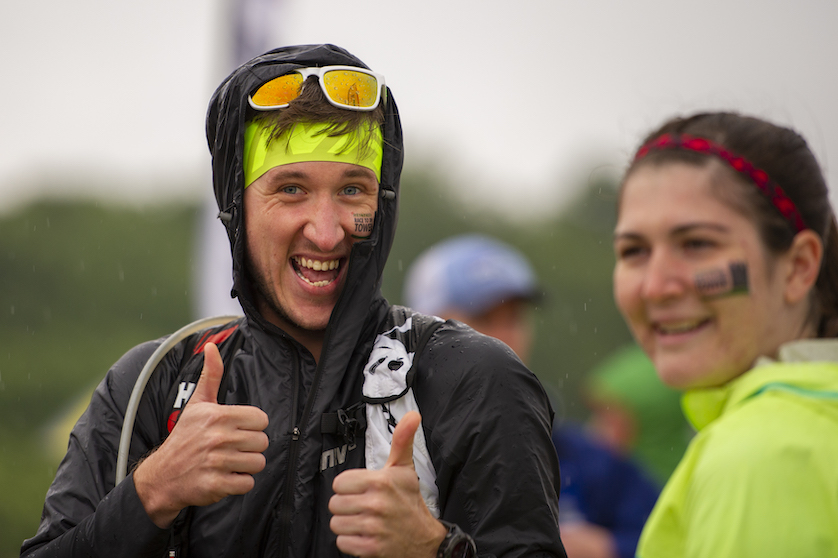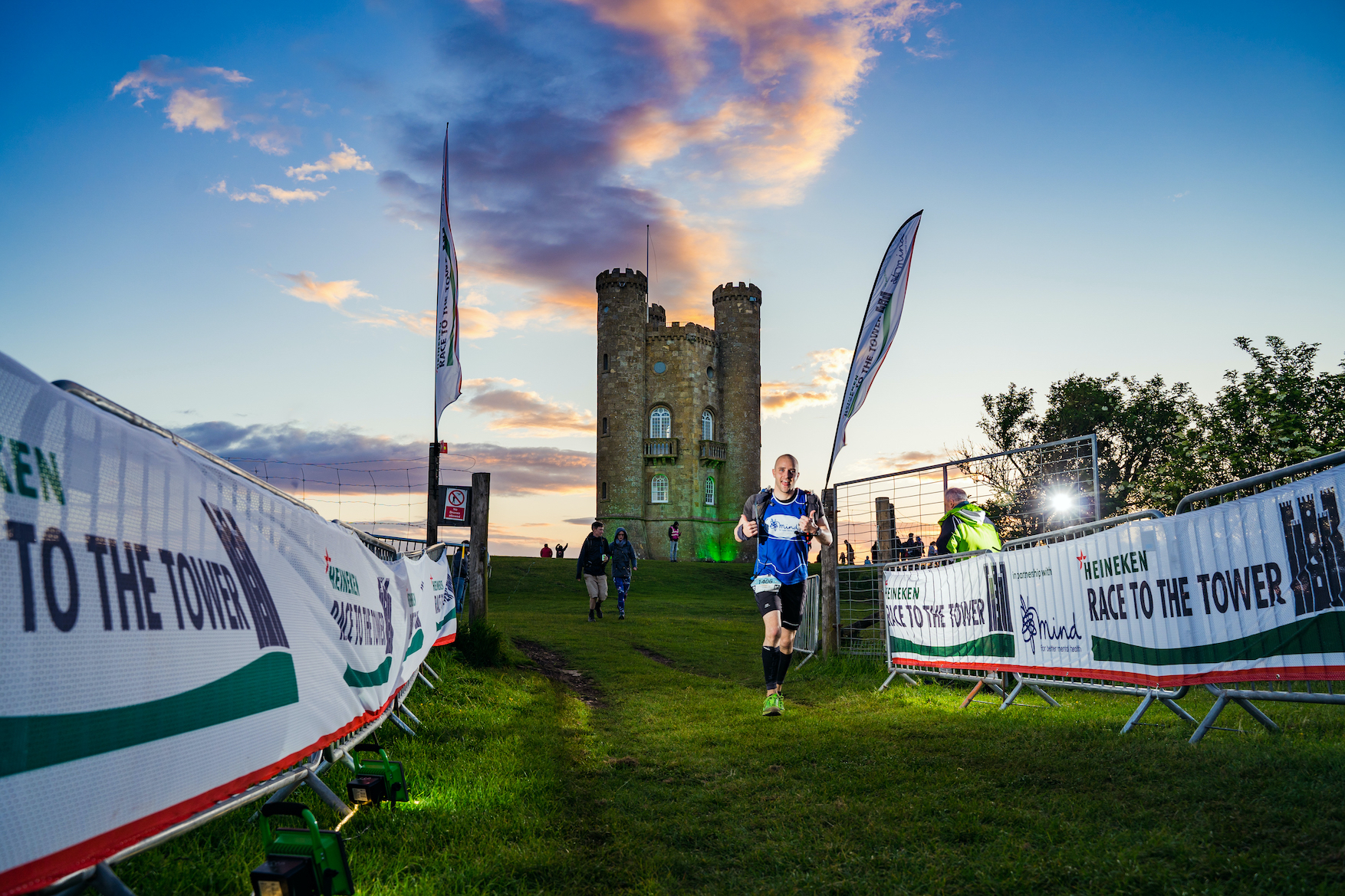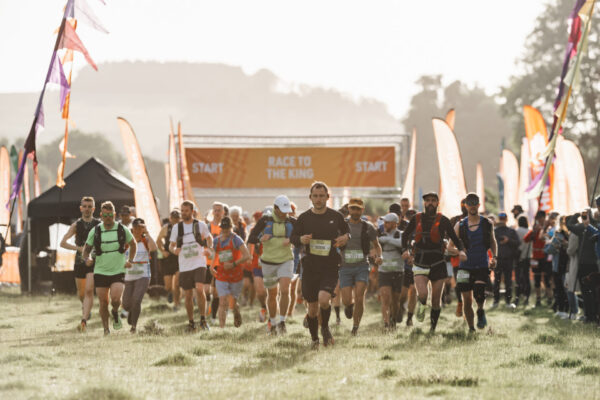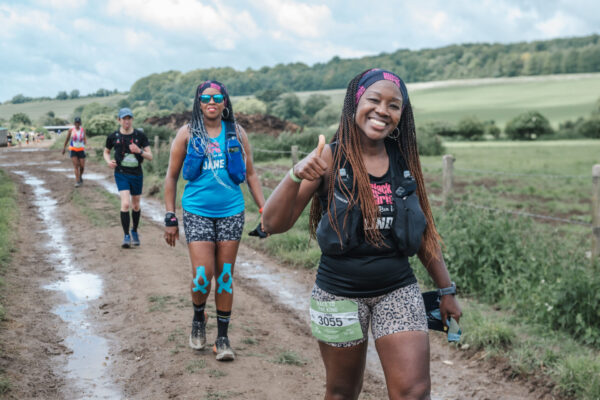As the winter weather starts to close in, finding the motivation to get your training started can be tough. To help you get moving this winter we’ve put together our top tips to help you kick start your training!
Set Yourself achievable goals
The new year can bring a lot of pressure to turn yourself into an elite athlete overnight and for many people trying to overachieve can be their downfall. One way to give yourself the best chance of success is to make your goals achievable. If you’re just getting back into long distance walking and running, don’t set your sights too high for your first sessions. Look to build your distances gradually over time and train your body to take on larger volumes. Whilst it’s great to have lofty goals, trying to achieve them too soon can lead to failure, which in turn can impact your motivation.
Treat Yourself to some new gear
One great way to motivate yourself is to purchase some new gear, this doesn’t mean you need to buy the newest, most expensive running shoes. Even smaller items can help motivate you to get out and train when the weather is grim! A great set of running gloves, or new running jacket to keep the cold out could be just the thing you need to get moving.
Get out at lunch time
During the dark winter months in the U.K it can be really hard to motivate yourself to exercise. It’s human nature to want to “hunker down” in the warm and comfort of home, so setting yourself targets of running in the dark evenings can make it harder to achieve your goals. If you’re working from home during this lockdown period, try and get out running on your lunch breaks. Not only will it help motivate you by running in the daylight, it’ll boost your energy for the afternoon’s work making you more productive throughout the day.
Make the most of your weekends
With lockdown restrictions in place for the foreseeable future our options for the weekend are limited. However, for those training for a long-distance event, this presents an opportunity to focus even more on your training. Planning your routes on a Sunday evening, for the training you will do the following weekend will give you something to look forward to as you head through the working week. Making sure your route is safe and in line with government guidelines is very important, try and find areas you know will be quieter, but also safe enough for training on your own. Remember that lots of people will be using big public parks and recreation spaces on the weekends, so do your bit to reduce the spread of the virus by planning routes on lesser used roads/paths.
Time on Feet!
You’ll probably hear this phrase pop up whenever you are researching ultra-marathon distance training. For a lot of people with desk-based roles some really simple changes to your habits can have a surprisingly big impact on your training. If you normally spend your day at a computer, try and find ways to work standing up. Setting yourself projects and tasks at home that involved standing and moving around the house is a useful way to improve your chance of completing an ultra. Taking on these projects after a long run is a really great way to extend the amount of time you’re spending on your feet and get your body used to long extended periods of standing up! The simple changes to your daily habits are probably the easiest changes you can make but will have a big impact on your ability to cope with an ultra-distance event.
By Calvin Cox






















